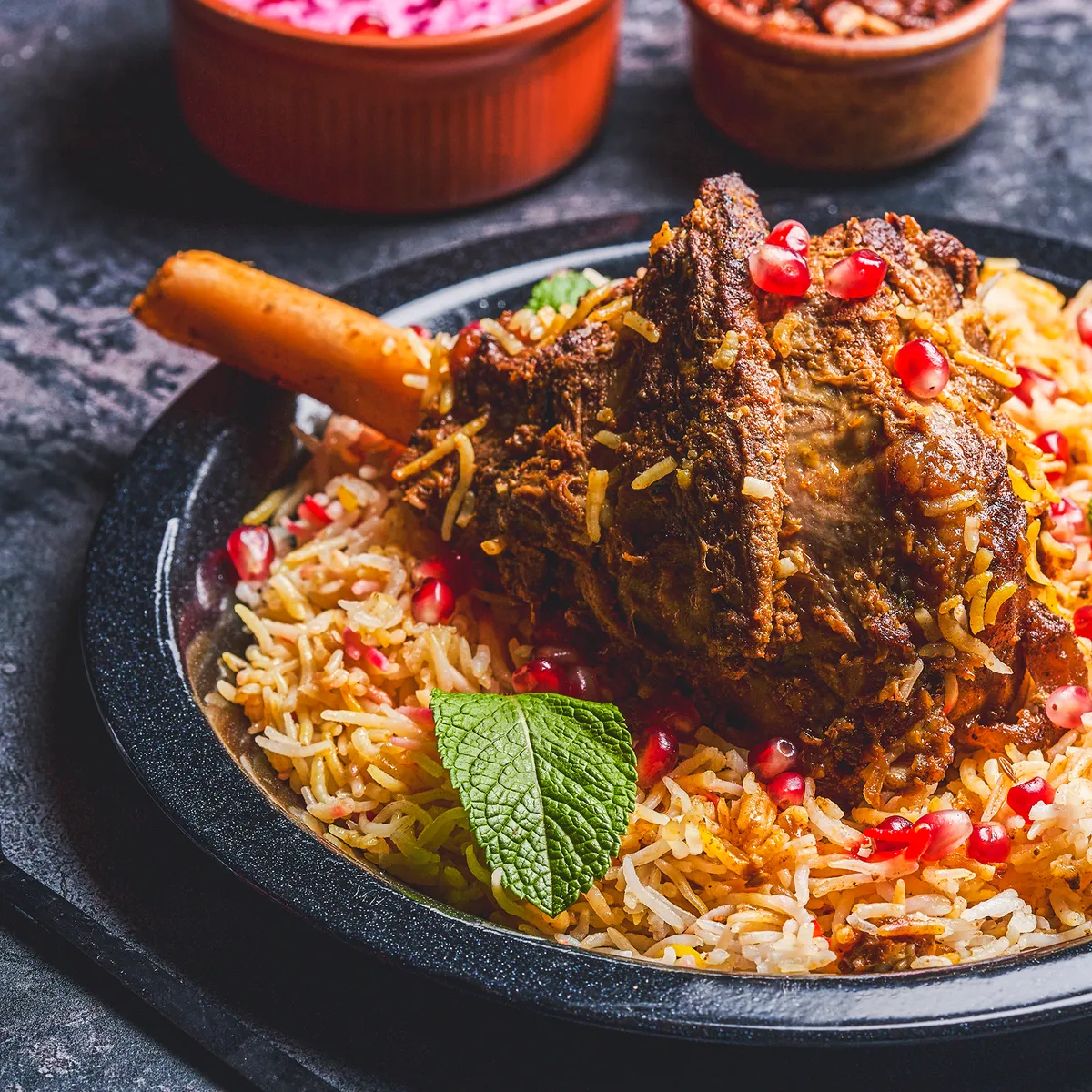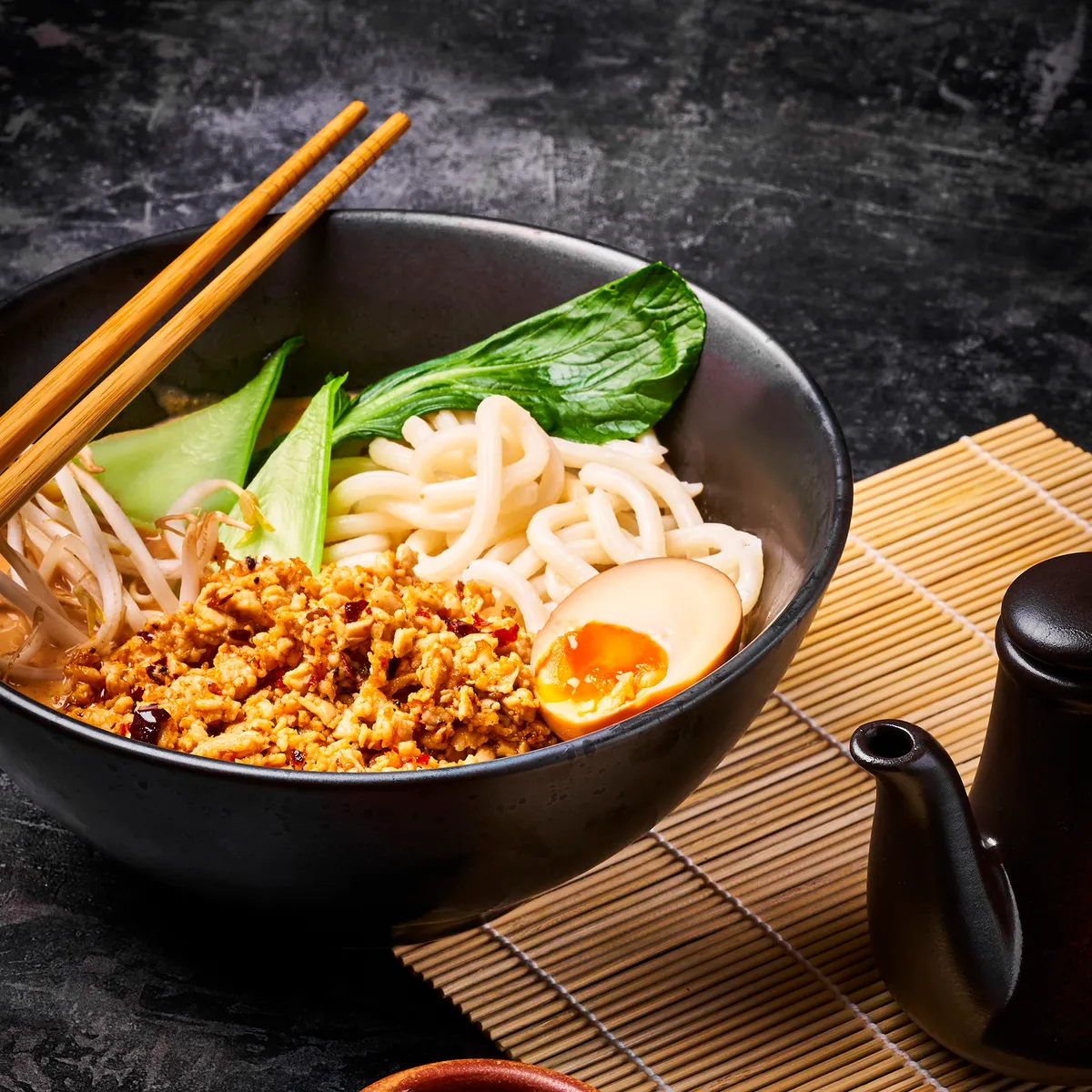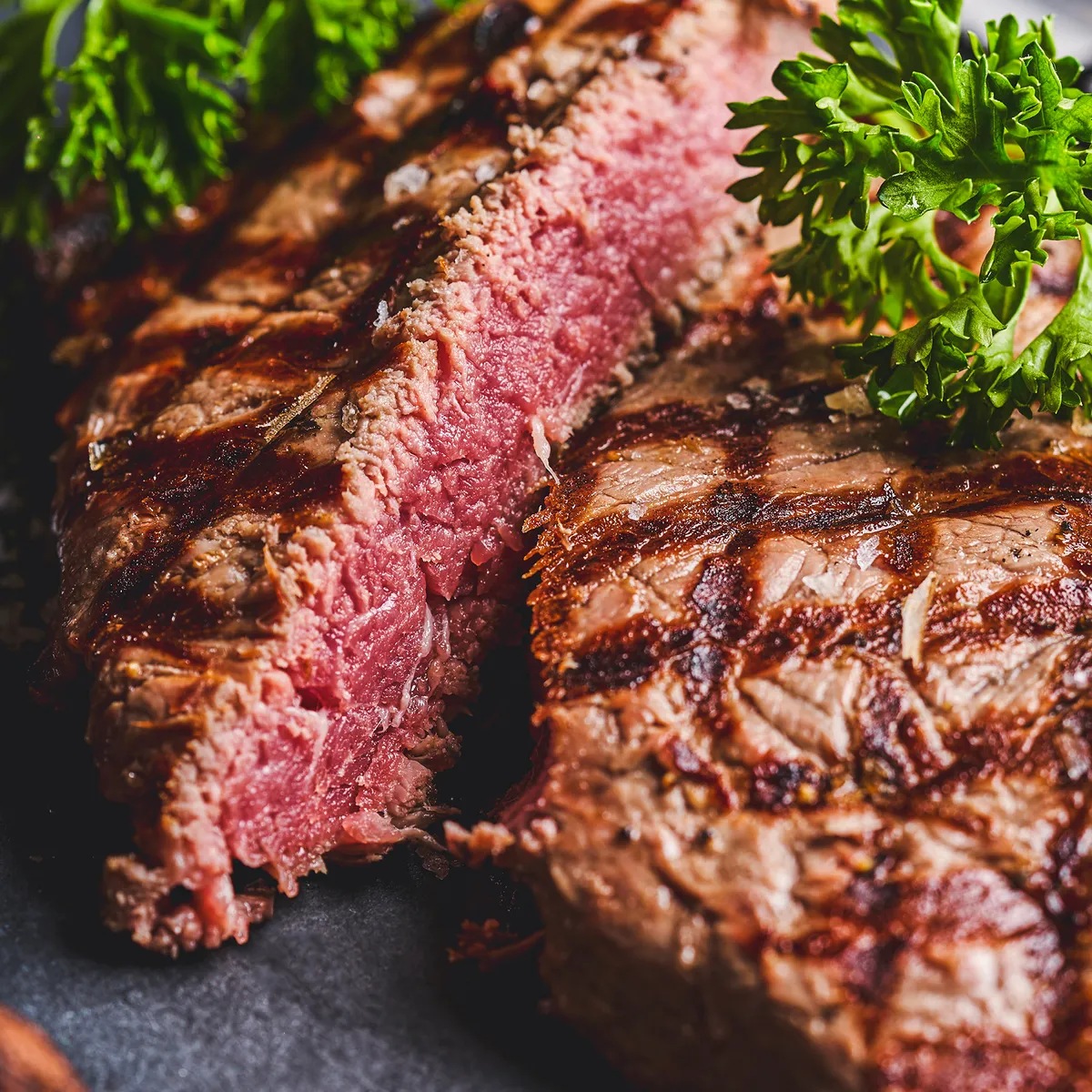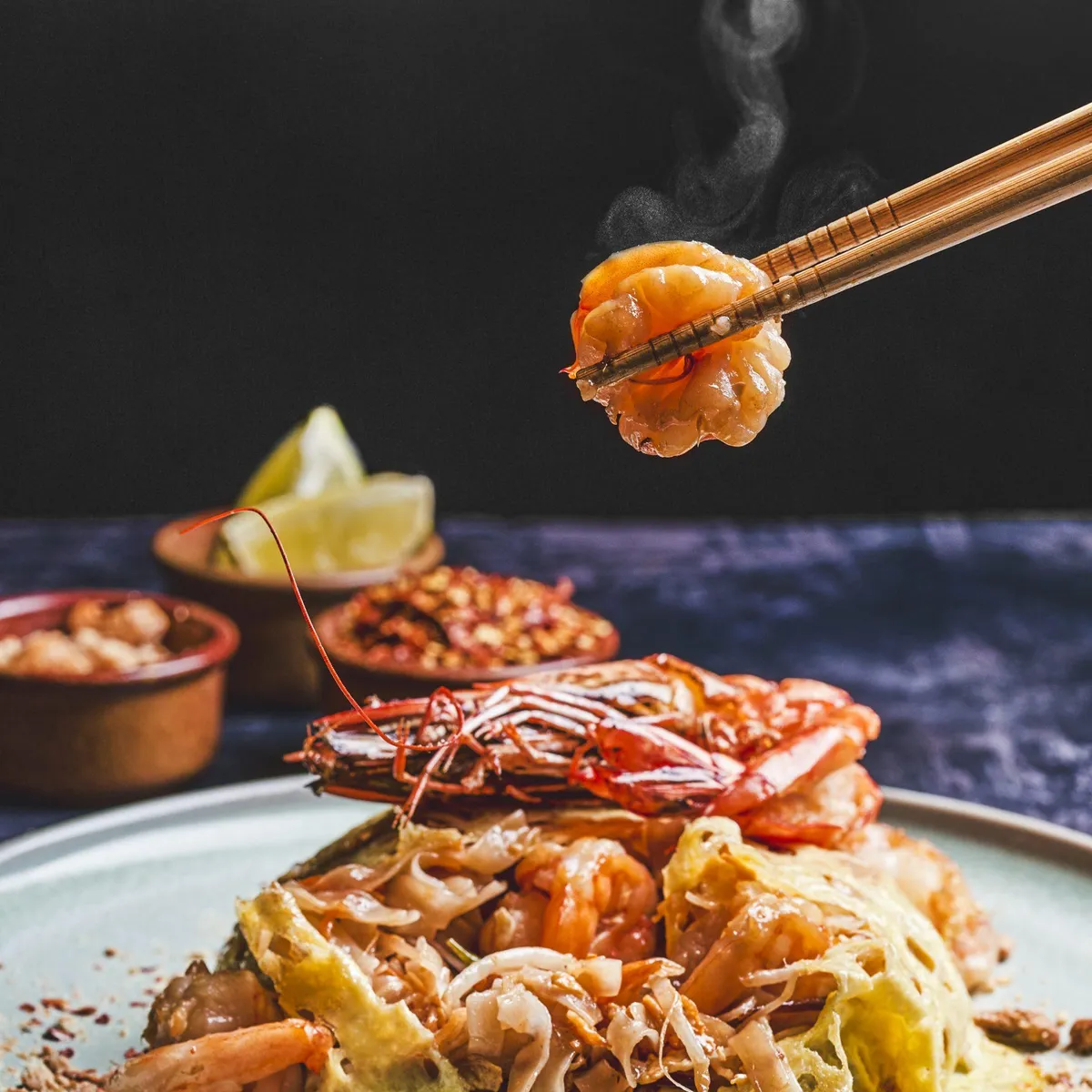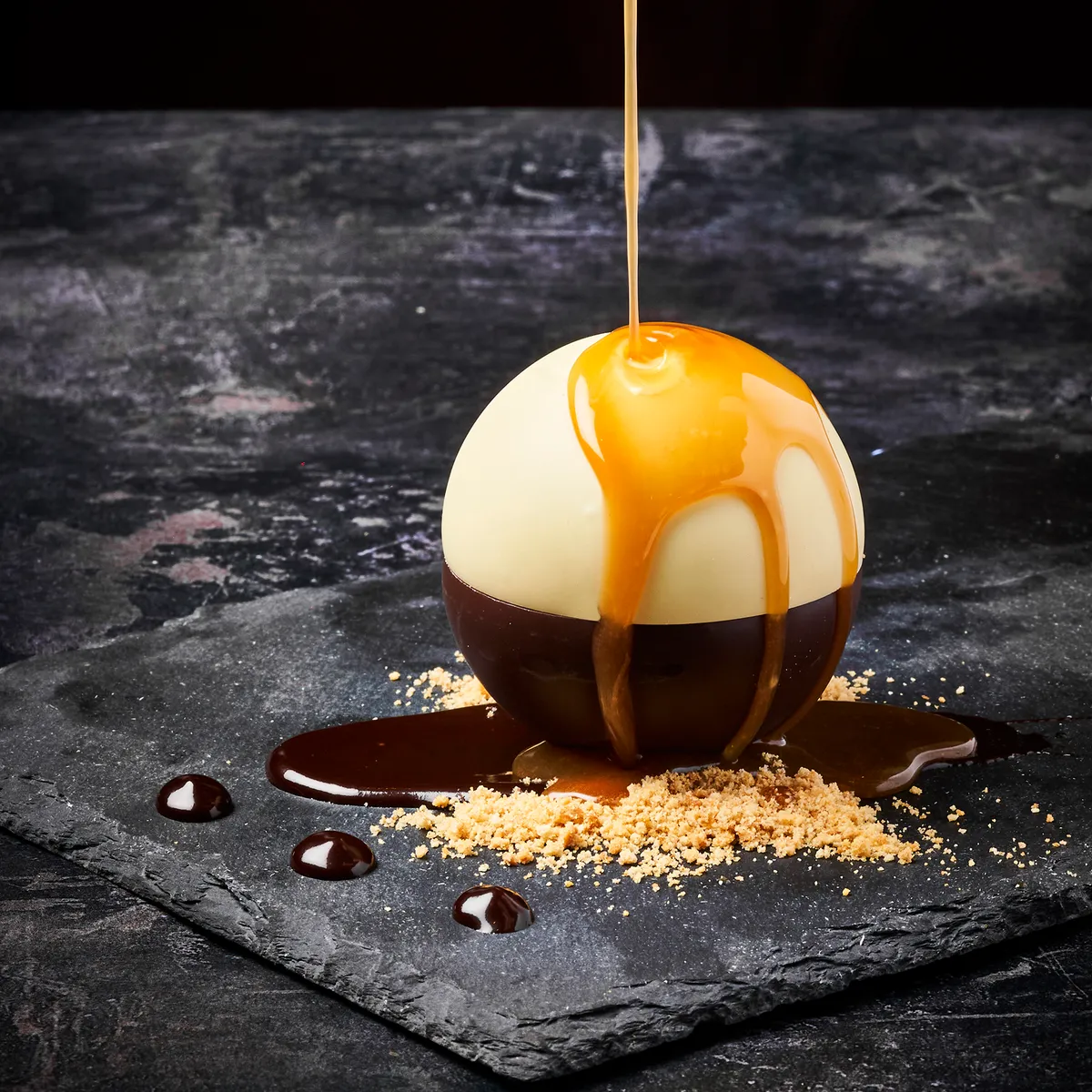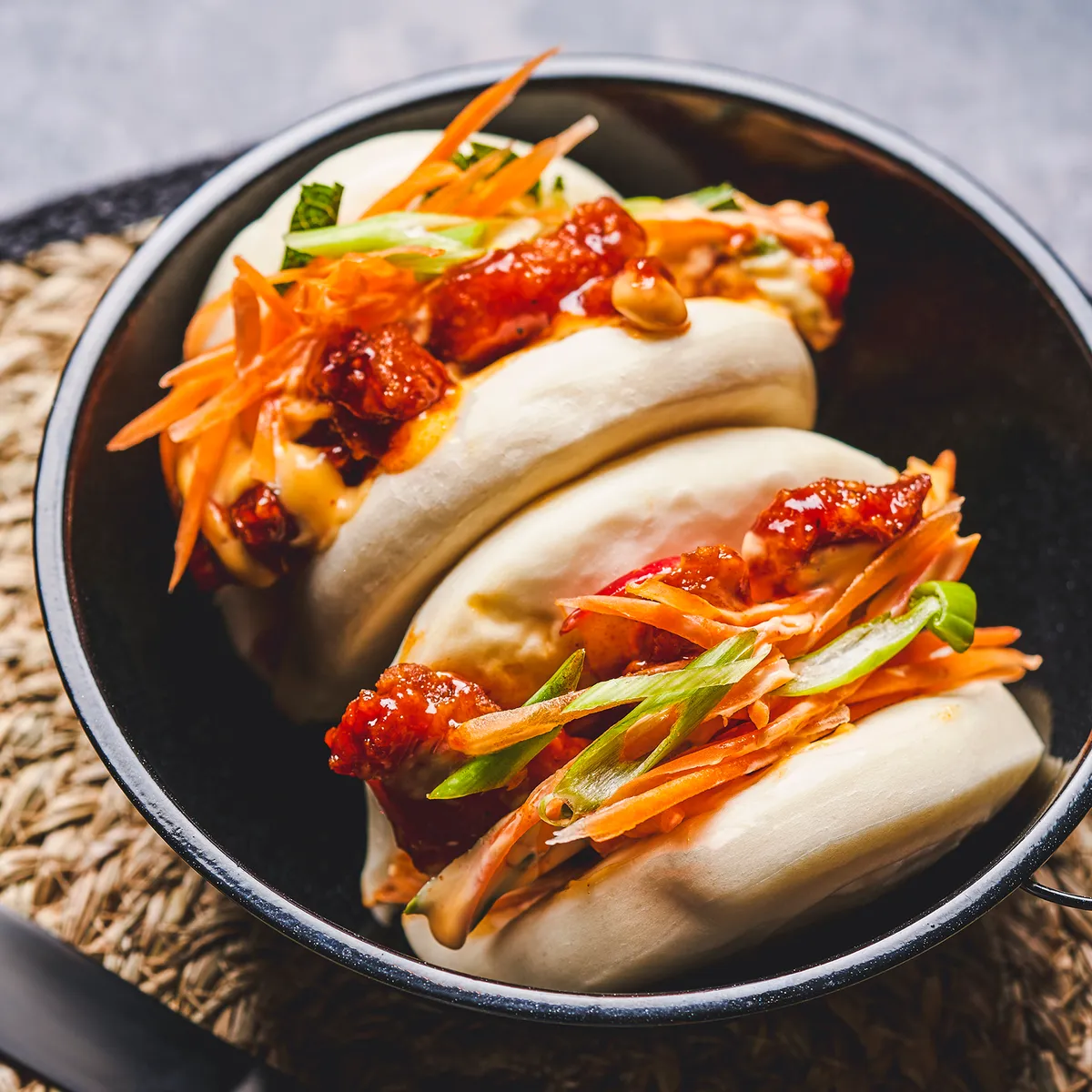A Spice Odyssey: How Indian Cuisine Has Transformed the British Dining Scene
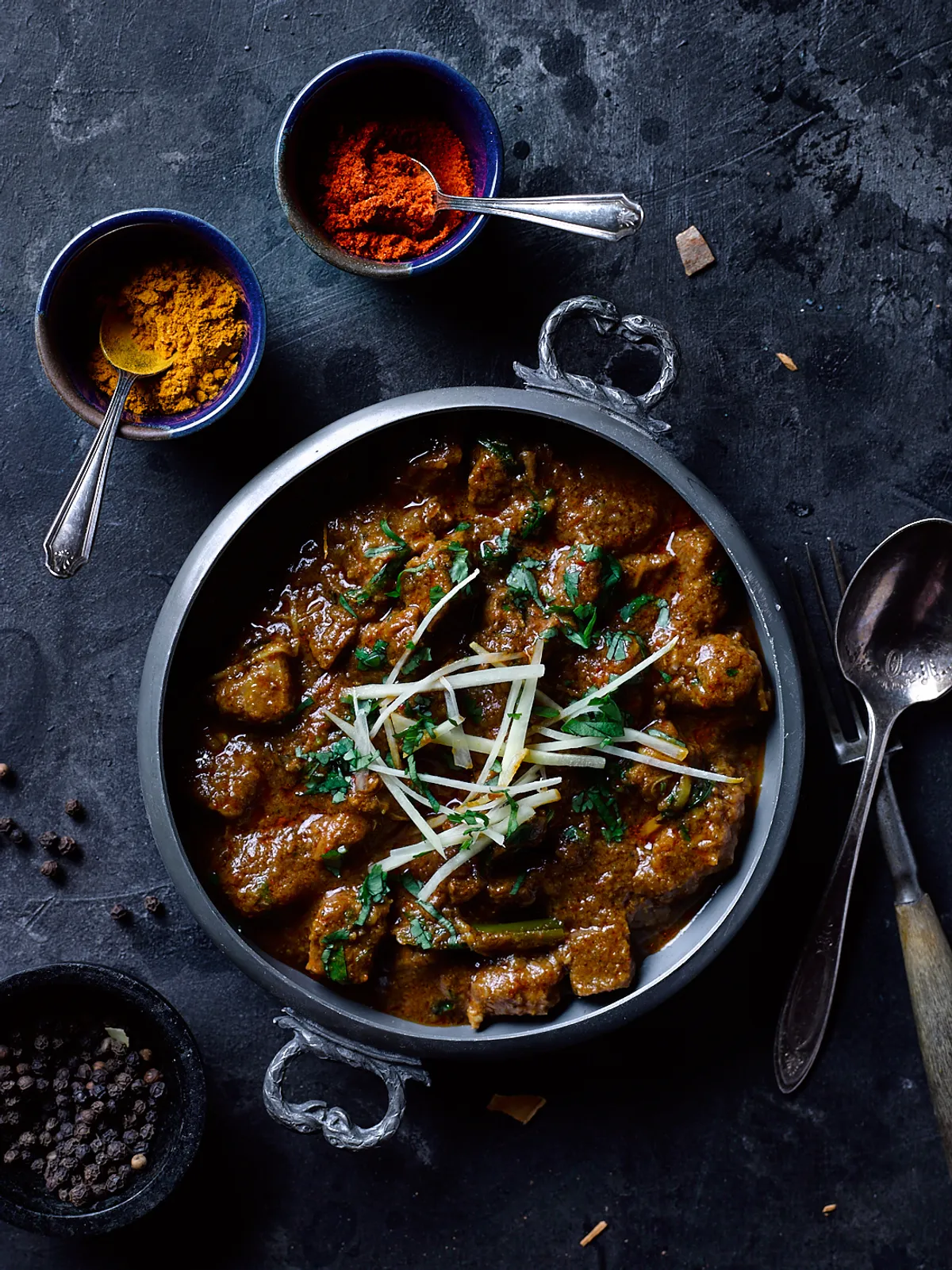
Over the years, curry and Indian food has become one of the most popular cuisines in England. It is so popular that it contributes to approximately 5 billion to the British Economy. In 2001, Britain even announced chicken tikka masala as its national dish. It is hardly surprising that Indian food is indeed England's favourite given that an estimated 23 million people in the UK eat curry every day.
The story of British cuisine has long been a tale of evolution, with influences from all corners of the globe weaving their way into the culinary fabric of the nation. Among these influences, Indian food is a lively, dynamic force that has profoundly and delectably altered the British dining scene. From the humble curry house to high-end gastronomic experiences, the flavours of India have become an integral part of the UK’s food culture.
Indian cuisine first became popular in Britain during the Colonial Era. British officials and officers stationed in India acquired a taste for the subcontinent's flavourful, highly spiced cuisine, which they carried back to their home country. But Indian food didn't really take off in Britain until the middle of the 20th century, when South Asian immigrants started to arrive in large numbers.
Curry is often celebrated as a national dish of Britain. This transformation can be attributed to the popularity of Indian restaurants and takeaways across the country. One dish that has come to represent this culinary fusion is chicken tikka masala, which is said to have originated in Britain when Indian flavours were adapted to suit British palates. The dish's creamy, subtly spicy flavour profile makes it a British staple, demonstrating how Indian food has been tailored to regional tastes without losing its fundamental essence. Another well-liked chicken curry that appeals to everyone is Vermilion's Butter Chicken. Enjoy it with some naan bread or steamed rice for a delightful combination of its creamy and somewhat spicy flavours.
While early Indian restaurants in Britain tended to offer a homogenised version of Indian cuisine, often centered around northern dishes, there has been a growing trend towards regional authenticity. Today, diners can experience India's many culinary landscapes, from the spicy curries of Chettinad to the seafood-heavy Kerala dishes to the mouthwatering street food of Mumbai. The British dining scene has been enhanced by regionalization, providing a wider range of tastes and dining experiences. A popular Indian Restaurant in Manchester, Vermilion serves a Sea Bass Meen Molie Curry which is proof of this local authenticity. This unique fish curry, influenced by Kerala's Fish Molie, combines a delightful blend of spices and aroma that is an all-time favourite among many.
Indian food has an impact that goes beyond conventional eateries and takeaway. Indian flavours and culinary techniques have influenced renowned chefs and featured on gourmet menus in contemporary British cuisine. Indian cuisine has been improved by upscale Manchester restaurants like Vermilion and Dishoom, which blend traditional recipes with modern ingredients and presentation. These dining establishments provide a classy dining experience that honours the richness and diversity of Indian food.
The fusion of Indian and British culinary traditions has given rise to innovative dishes and new dining concepts. Indian-inspired food stalls may be found in street food markets all throughout the UK. They provide a variety of dishes, from hot wraps to fusion munchies like paneer burgers and masala chips. The fusion of Indian spices with British culinary concepts has led to the creation of a rapidly changing food scene that never fails to enthral and delight.
British home kitchens are also influenced by Indian cuisine. It's easy for home cooks to try out Indian dishes because supermarkets provide a large variety of Indian spices, pre-made sauces, and specialty items. Indian cooking has become less mysterious thanks to cookbooks and TV series that highlight Indian cooks, inspiring more people to try these flavours at home.
Indian cuisine has created a deeper cultural connection between Britain and India. Indian festivals like Diwali are celebrated with feasts that feature traditional dishes, and culinary events and food festivals across the UK highlight the richness of Indian food culture. These celebrations offer opportunities for cultural exchange and understanding, further cementing the bond between the two nations. Indian food has revolutionised the British dining scene, demonstrating the ability of food to transcend cultural boundaries. From its early days as an exotic novelty to its status as a beloved staple, Indian cuisine has reshaped British palates and dining habits in profound ways.
As the culinary journey continues, one thing is clear: the flavours of India will remain a cherished and dynamic part of Britain's culinary heritage. By embracing Indian cuisine, Britain has not only diversified its culinary landscape but also embraced a richer, more inclusive cultural identity. The spice journey that began centuries ago continues to thrive, bringing warmth, flavours, and a touch of magic to the British dining table.
